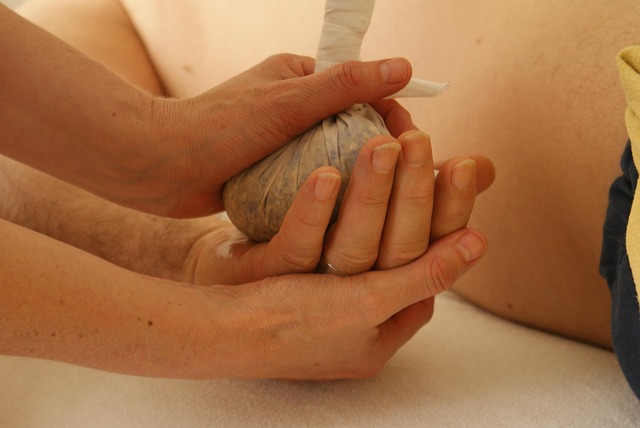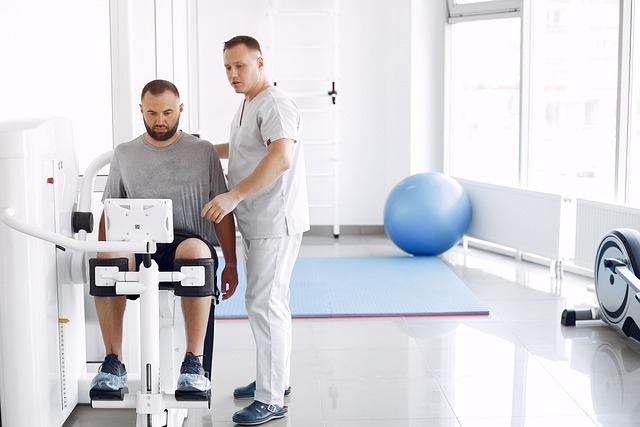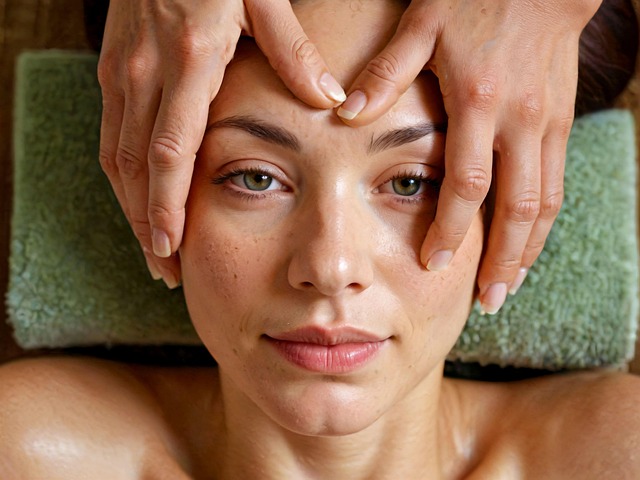Revitalize Healthcare: Unveiling Transformative Doctor Rehab Programs
In response to the high rates of stress, burnout, and substance abuse among healthcare workers, doct…….
Over 15% US adults have used prescription painkillers not prescribed to them.
In an era where healthcare systems worldwide are under immense pressure, the concept of Physician Recovery Programs has emerged as a strategic solution to rejuvenate and sustain the well-being of medical professionals. These programs are designed to address the unique challenges faced by physicians, aiming to enhance their professional satisfaction, mental health, and overall resilience. This comprehensive article delves into the multifaceted world of Physician Recovery Programs, exploring their definition, global impact, economic implications, technological innovations, regulatory framework, challenges, and promising future prospects. By examining these aspects, we aim to provide valuable insights for healthcare stakeholders, policymakers, and researchers seeking to optimize physician well-being and, by extension, the quality of patient care.
Physician Recovery Programs (PRPs) are structured initiatives that focus on supporting and revitalizing physicians by addressing various aspects of their professional and personal lives. These programs acknowledge the immense responsibilities and potential stressors associated with medical practice and aim to foster a culture of resilience and well-being. The core components typically include:
The concept of PRPs has evolved over the past few decades in response to increasing concerns about physician burnout and job satisfaction. Early recognition of the issue led to the development of pilot programs focused on improving work-life balance and professional development. These initial efforts laid the foundation for more comprehensive initiatives that now encompass a holistic approach to physician well-being.
The significance of PRPs lies in its potential to mitigate the severe consequences of physician burnout, which can result in decreased patient satisfaction, reduced clinical performance, and increased healthcare costs. By addressing these issues proactively, PRPs contribute to a healthier, more engaged physician workforce, ultimately enhancing the quality and accessibility of healthcare services.
The impact of Physician Recovery Programs is not limited to a single region, as countries worldwide have recognized the need for such initiatives. However, the implementation and emphasis on various aspects of PRPs vary significantly across regions, influenced by cultural, economic, and healthcare system differences:
Several trends are shaping the future of Physician Recovery Programs:
The global healthcare market, valued at USD 8.6 trillion in 2020 (as per a report by Grand View Research), presents a significant opportunity for Physician Recovery Program providers and investors. The demand for such programs is driven by the growing recognition of physician well-being as a critical component of healthcare system resilience. This trend is further amplified by increasing healthcare costs, rising patient expectations, and the impact of COVID-19 on healthcare worker morale.
Investments in PRPs are gaining traction, with both public and private entities recognizing their long-term benefits. Hospitals, healthcare networks, and insurance companies are allocating funds to develop and enhance PRP offerings, expecting positive returns in the form of:
Technology plays a pivotal role in modernizing Physician Recovery Program delivery, making services more accessible and engaging. Here are some significant technological advancements:
The future of technology in PRPs holds immense promise, but challenges remain:
Physician Recovery Programs operate within a regulatory environment that varies across jurisdictions, influencing program design and delivery. Several factors shape this landscape:
Regulatory frameworks can either promote or restrict the growth and innovation of Physician Recovery Programs:
Despite their potential benefits, Physician Recovery Programs face several challenges that hinder their effectiveness:
Addressing these challenges requires a multi-faceted approach:
Hospital X implemented a comprehensive PRP that integrated professional development, mental health support, and work-life balance initiatives. The program included:
Impact: The program led to a 25% reduction in physician burnout rates over two years, improved job satisfaction scores, and increased retention rates, saving the hospital an estimated USD 1.5 million in turnover costs.
An international collaboration launched a digital platform to connect physicians worldwide, offering access to peer support, wellness resources, and professional development opportunities. The platform includes:
Outcomes: The platform has seen over 50,000 registered users from 150 countries in its first year, leading to improved mental health awareness, reduced isolation feelings, and enhanced professional networks among participants.
The future of Physician Recovery Programs holds exciting opportunities:
Several emerging trends shape the future landscape:
To capitalize on these trends and ensure effective PRP development:
Physician Recovery Programs are not merely perks but essential investments in the healthcare workforce. The challenges are significant, but the potential benefits to physicians, patients, and the healthcare system as a whole are substantial. By addressing barriers, adopting innovative solutions, and leveraging technological advancements, healthcare leaders can create sustainable PRPs that improve well-being, enhance clinical performance, and ultimately benefit patients.
As the healthcare landscape continues to evolve, prioritizing physician recovery will remain crucial in ensuring high-quality care and fostering a resilient healthcare workforce. This comprehensive exploration of Physician Recovery Programs provides insights into their potential, challenges, and future directions, offering guidance for those seeking to enhance the well-being of healthcare providers worldwide.

In response to the high rates of stress, burnout, and substance abuse among healthcare workers, doct…….

In response to high stress levels, burnout, and unique challenges within medicine, specialized docto…….

Doctors and healthcare professionals face unique challenges like burnout, stress, and addiction due…….

Physician addiction is a critical issue in healthcare, impacting quality and safety due to stress, b…….

In response to the growing issue of physician addiction, specialized luxury treatment programs offer…….

Physicians and healthcare workers face unique risks of addiction due to high-stress work environment…….

In response to high stress and burnout rates within healthcare, doctor rehab programs offer speciali…….

In the demanding healthcare sector, physicians and medical professionals face unique challenges like…….

In response to rising burnout rates among healthcare professionals, doctor rehab programs offer tail…….

In response to rising concerns about addiction among healthcare professionals, specialized luxury ph…….